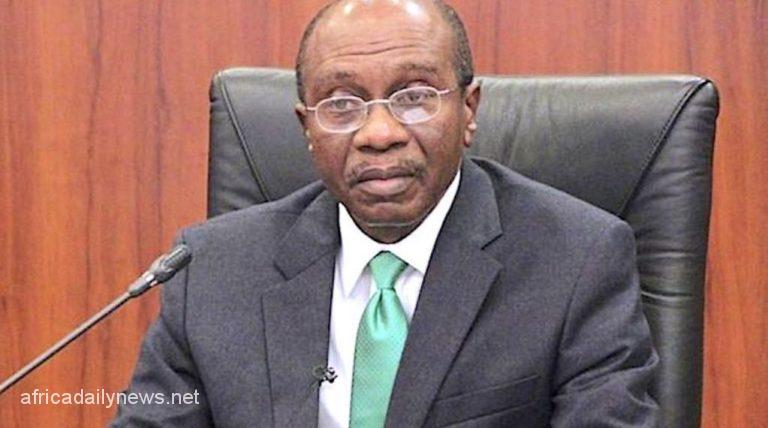The Central Bank of Nigeria (CBN) has declared that Nigeria has now become an exporter of rice following the impacts of its several policies and particularly its Anchor Borrowers Programme (ABP), even as it said it was working to boost the industrial capacity of the country.
CBN governor, Godwin Emefiele, who disclosed this while speaking at a seminar for Finance Correspondents and Business Editors with the theme, “Policy Options for Economic Diversification: Thinking Outside the Crude Oil-Box”, on Saturday, noted that the ABP has reversed Nigeria from depending on importing rice to now exporting rice.
“The Central Bank of Nigeria, under my leadership, has taken major leaps to diversify the economy away from largely oil-based economy through our numerous interventions. We have supported non-oil sectors such as agriculture, manufacturing, health care, education, power and aviation and other allied economic value chains.
“You may recall that our flagship Anchor Borrowers’ Programme (ABP) that heralded recent rice revolution in Nigeria has changed the long-standing dependence on imported rice as the country is not only depending on domestic production, but we have now become a rice exporting country. The Commercial Agriculture Credit Scheme (CACS) is a major special purpose vehicle to support commercial farmers in the country in different value chains including oil palm, cotton, cocoa, among others,” he said.
Read Also: Trapped Funds: CBN Announces Release Of $265m To Airlines
Emefiele, who was represented by the CBN Director, Corporate Communications Department, Mr. Osita Nwanisobi, called for emphasis to be made by all arms and spheres of government to improve production and output to surpass population growth which is pegged at over three per cent per annum.
He stressed the need for a change in the narratives of depending on a mono-product oil-led economy, towards building a broad-based and well diversified economy that guarantees overall macroeconomic stability.
He said, “The quest for building a more sophisticated economy anchored on agriculture, MSMEs, industrial and manufacturing concerns have become the major component of our monetary policy. Nigeria has largely depended on the oil sector for revenue generation over the past four decades and the sustained decline in crude oil production has continued to negatively undermine the performance of the economy. Thus, there is the urgent need for a conscientious effort to diversify to other non-oil sectors.
“As I have often said, it is important that we work to create an economy that will enable us feed ourselves, create jobs for our teeming youths and improve the standard of living of our people. With our population growing by over three per cent per annum over the past seven years, against a less than steady growth in output since 2019, expanding the production and industrial capacity of the economy must be given special attention to ensure overall macroeconomic stability.”
On the apex bank’s policies directed at boosting local production and foreign earnings, Emefiele noted that the CBN’s continued support to the manufacturing sector and MSMEs have been yielding great results, noting that the intervention in the health sector, has begun to reduce the healthcare tourism being sought outside the country which is helping to conserve our foreign exchange and improve our well-being.










